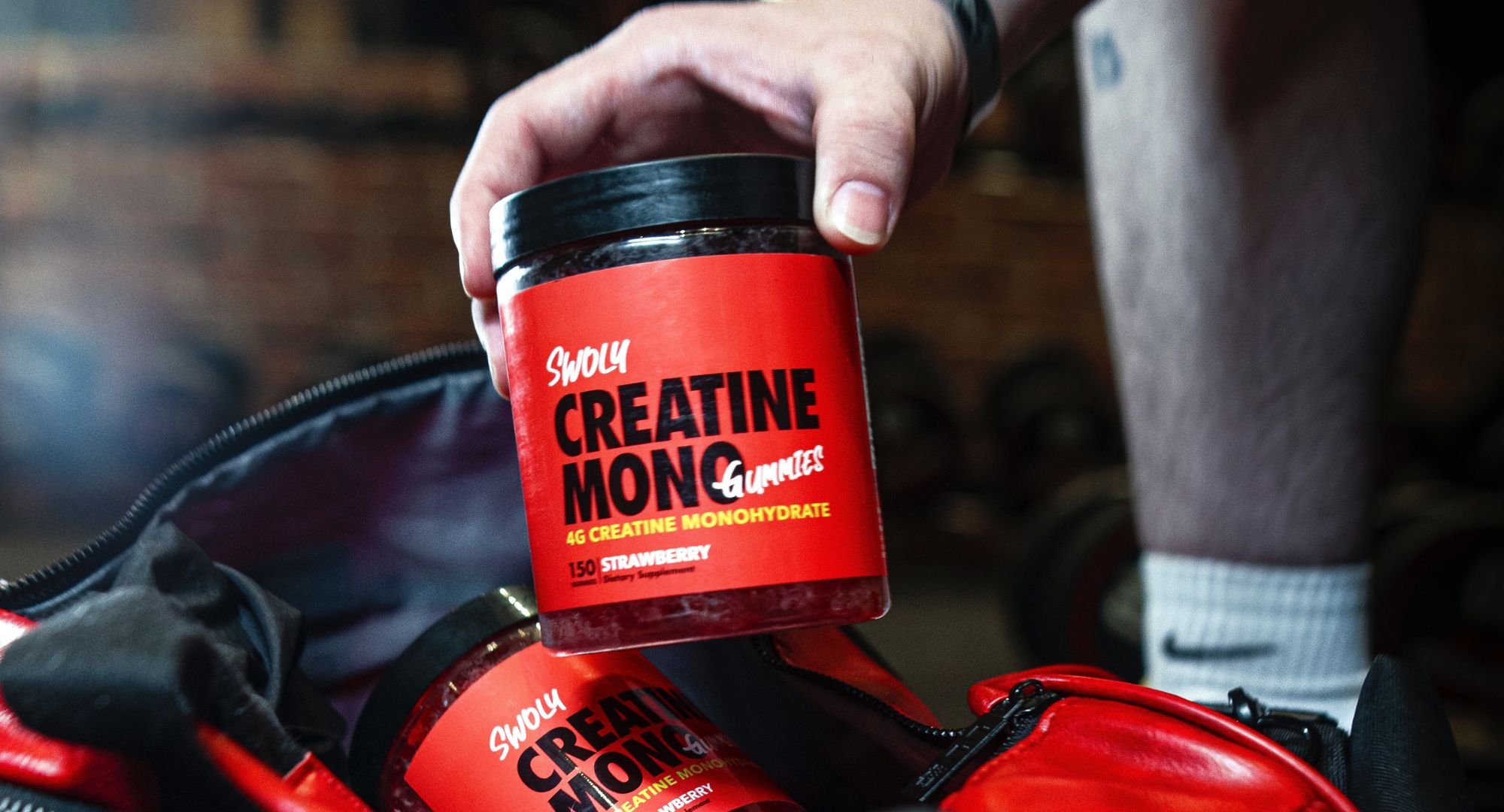
Creatine is a supplement that’s been around for centuries and is widely used by bodybuilders and athletes. It’s supposed to help you pack on muscle, get stronger, and perform better in the gym. But is it all it’s cracked up to be?
We reached out to the experts to find out if creatine really is the key to getting those gains. Whether you’re a seasoned lifter or just starting out, this article will give you the lowdown on creatine and help you decide if it’s right for you.
What is creatine?
Creatine is a naturally occurring compound found in your muscles, brain, and testes. It’s made up of three amino acids: arginine, glycine, and methionine. You can also get creatine in supplement form, such as creatine monohydrate powder, capsules, or gummies.
What does creatine do?
Creatine is like a supercharger for your muscles. It works by increasing the amount of phosphocreatine in your muscles, which allows your body to produce more adenosine triphosphate (ATP), the energy currency of cells.
According to Michael Hamlin, NSCA, CSCS, a personal trainer and founder of Everflex Fitness, “Creatine plays a crucial role in the production of ATP, which is the primary energy source for cellular activities, especially during short bursts of intense physical activity. Extra creatine in the body can help us lift more if we want to improve our performance.”

Creatine benefits
Creatine is a supplement that’s known for helping you build muscle. But it does way more than that. It can also help you improve your athletic performance, quickly recover from exercise, and reduce fatigue.
Below, we cover some of the potential benefits of taking creatine:
- Improved athletic performance: Studies have shown that creatine supplementation can enhance high-intensity, short-term exercise performance and improve muscle strength and power output.
- Increased muscle size: Not only does creatine help your muscles work better, but it can help them look better, too. “Creatine has demonstrated its potential to support muscle growth and hypertrophy,” said Isaac Robertson, a personal trainer and nutritionist. “It encourages an increase in water content within muscle cells, promoting a favorable environment for protein synthesis and aiding in the growth of lean muscle mass. This, in turn, can contribute to greater muscle fullness and improved body composition.”
- Enhanced recovery: Aside from helping you during your workout, creatine can also aid your post-workout recovery. Studies suggest that creatine supplementation may reduce muscle damage and inflammation after exercise, leading to faster recovery and less soreness.
- Brain health: Creatine isn’t just for physical benefit but can help with cognitive function, too. Some studies have shown that creatine supplementation may improve cognitive performance, especially in tasks that require short-term memory and quick thinking.
- Skin health: Some studies suggest creatine supplementation may also benefit skin health and aging, such as reducing wrinkles and improving skin hydration.
This list isn’t exhaustive, but it gives you an idea of the potential benefits of creatine supplementation. It’s also important to remember that there’s no guarantee that creatine will work for everyone, and it may have a few side effects, which we’ll cover next.

Possible side effects of creatine
Creatine is one of the most popular and well-researched supplements out there. It’s generally safe for most people, but like any supplement, it can have some potential creatine side effects.
Here are some of the most common side effects of creatine:
- Gastrointestinal distress: Some people may experience stomach discomfort, bloating, gas, or diarrhea when taking creatine supplements. “A small number of my clients have had issues like these when taking creatine,” said Hamlin. “If you experience any of these side effects, start with a lower dose and gradually increase it over time.”
- Weight gain: Weight gain is a common worry associated with any new supplement or nutritional aid. With creatine, some people may experience an initial increase in weight due to water retention in the muscles. However, this weight gain is temporary, primarily due to increased water content rather than fat gain.
- Kidney and liver function: Although there’s been some concern about potential harm to kidney and liver function from creatine supplementation, current research shows that short-term use of creatine doesn’t cause any significant damage to these organs in healthy individuals. “Individuals with pre-existing kidney or liver conditions should consult a healthcare professional before using creatine,” said Hamlin.
- Dehydration: Creatine doesn’t cause dehydration, but it can affect fluid balance in the body, which can be dangerous, especially for people with diabetes.
Whether or not you decide to take creatine is up to you, but it’s always a good idea to talk to your doctor before starting any new supplement or workout routine.
To help you make an informed decision, here are some people who may benefit from creatine supplementation:
- Vegetarians and vegans: Creatine is naturally found in animal products, so vegetarians and vegans may benefit from supplementing their diet with creatine to maintain adequate levels.
- Physically active people: Creatine can help improve athletic performance, especially in short-term, high-intensity activities.
- People with certain medical conditions: Creatine supplements may benefit people with certain conditions such as muscular dystrophy, Parkinson’s disease, and Huntington’s disease.
Here are some people who should proceed with caution when taking creatine:
- People with kidney or liver problems: Creatine supplements may put extra strain on these organs.
- People with diabetes: Creatine can affect blood sugar levels and may also cause an electrolyte imbalance.
- People taking certain medications: Creatine supplements can interact with certain medications, such as diuretics (as it may increase the risk of kidney damage or dehydration).
The bottom line
Creatine isn’t a magic pill, but it can help you get the most out of your workouts and reach your fitness goals. That said, creatine may cause some side effects for some people, especially those with diabetes or kidney problems. For most healthy individuals, these side effects are temporary and can be managed with proper hydration and dosage.
If you’re considering taking creatine, read up on the benefits and risks and schedule a call with your doctor to discuss whether it’s right for you.
Editors' Recommendations
- How much protein do you really need? Here’s how to calculate it
- We love these Keto diet Thanksgiving recipes from a professional chef
- 4 yoga poses to build core strength you can do anywhere
- Cranberries are great for your health: RDs reveal how to add them to your diet this winter
- Need constipation relief? Add these food and drink items to your diet today




